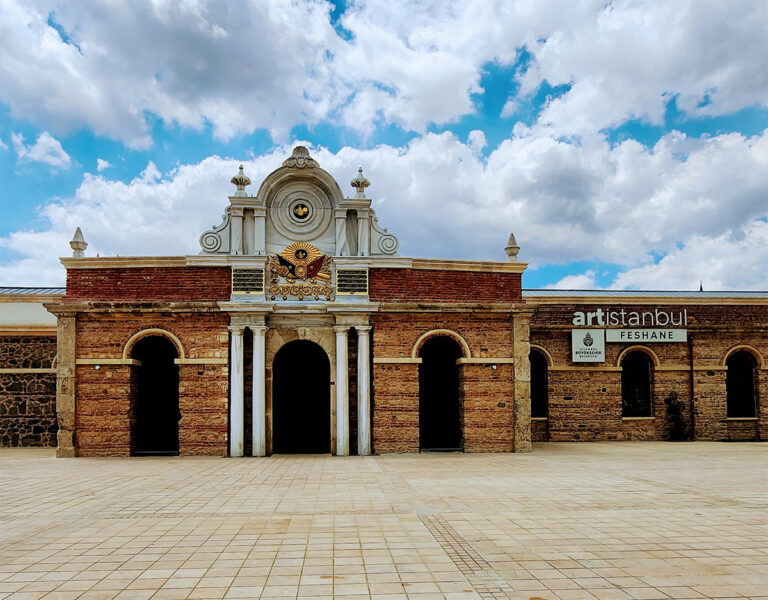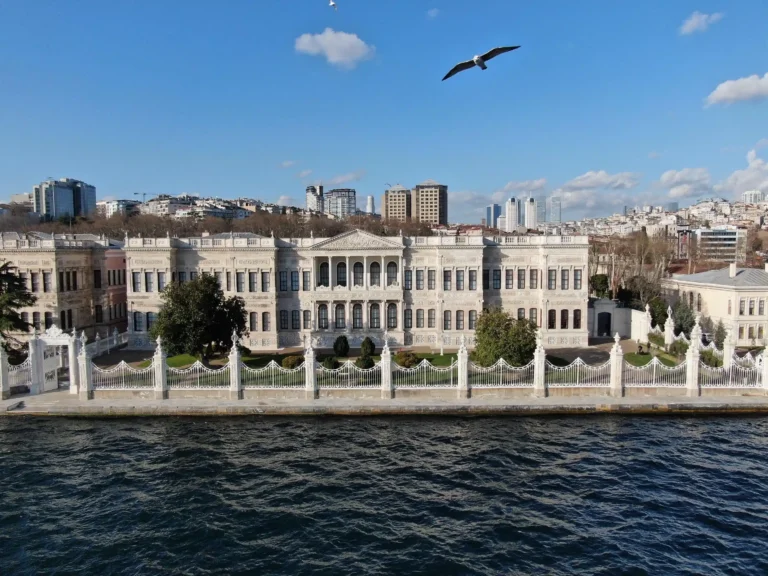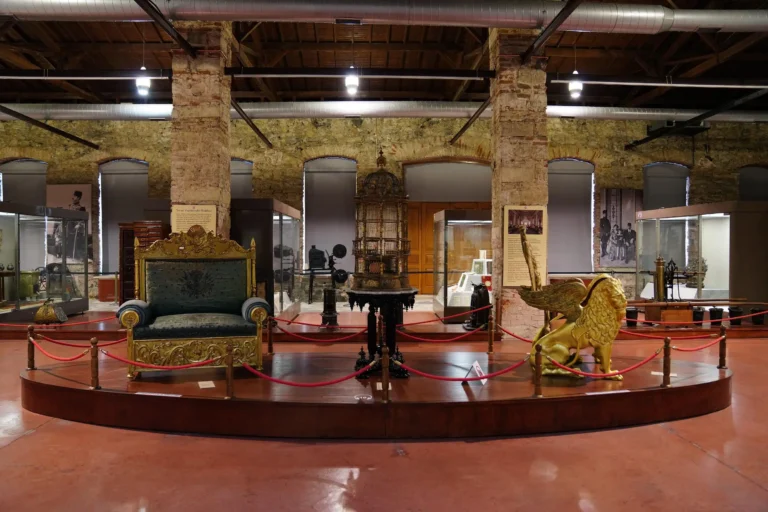Tulip Museum
The Tulip, beyond its visual beauty and aesthetic appeal, holds a significant place in Turkish culture as a symbol produced and passed down through generations in the historical process of Turkish society. When examined from an ethnological perspective, the tulip, as a folkloric cultural object, has been and continues to be used in various aspects of life, from miniatures to ceramics, dowries, carpets, various handicrafts, the logo of the Ministry of Culture and Tourism of Turkey, and even on the country’s official currency. The museum’s exhibits demonstrate that the tulip is not just a symbol exclusive to the palace but also widely embraced and utilized by the public.
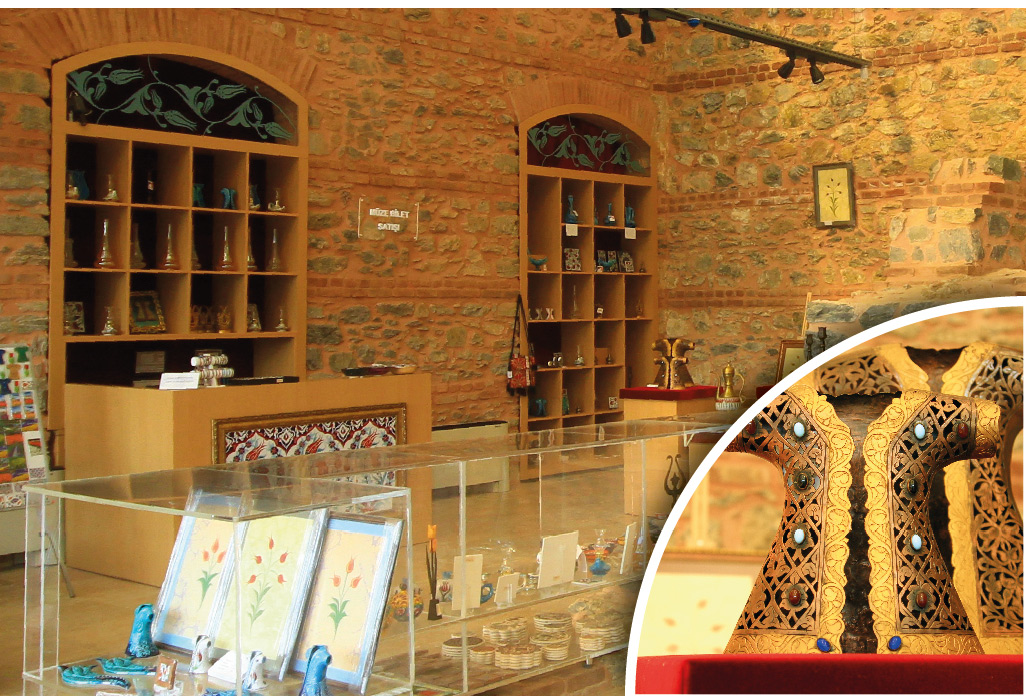
It is evident how the tulip has been internalized in both the clothing of the people and the palace, household items, and kitchen utensils. In short, in this museum, you can smell the scent of the palace and see the botanical and artistic journey of the tulip, an inspiration for Turkish aesthetics for centuries, as well as its place in social life.
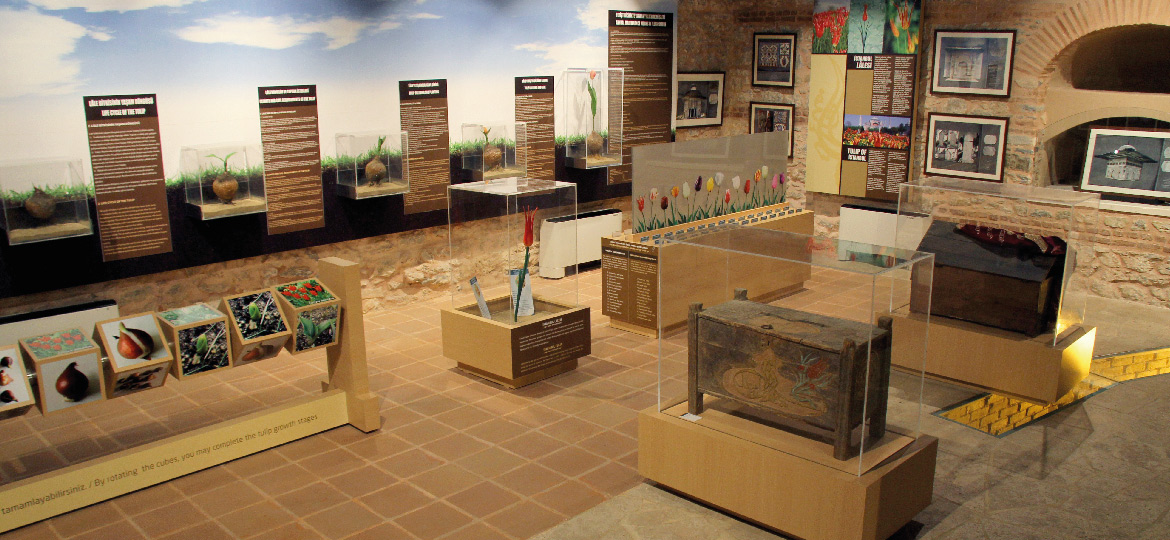
The Tulip Museum is located within the boundaries of Emirgan Grove, synonymous with the tulip. The museum is situated in a complex of buildings formerly known as old horse stables within the grove. In the second half of the 19th century, Sultan Abdülaziz gifted the area now known as Emirgan Grove to the Khedive of Egypt, Ismail Pasha. The building, located at the lower part of the mansions, is thought to have served not only as a stable but also as a service area catering to logistics needs, including a laundry, kitchen, bakery, and similar facilities.
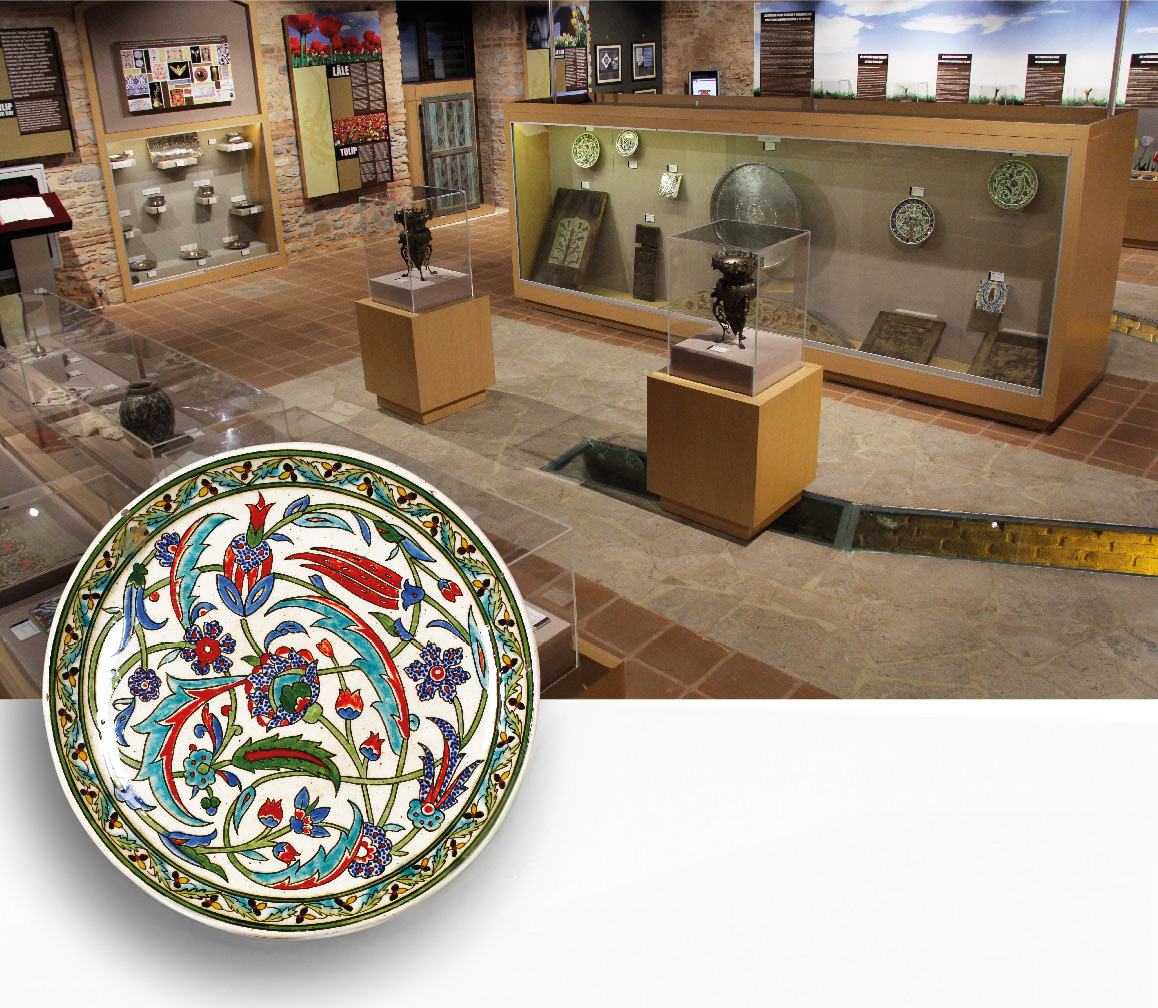
The Istanbul Tulip Foundation, with Istanbul Metropolitan Municipality Mayor Architect Kadir TOPBAŞ as its Honorary President, was established to reinforce and sustain the fact that the tulip is a Turkish flower and its role and position in Turkish culture and arts. Thus, the first Tulip Museum in Turkey and the second in the world was opened to visitors in April 2015.
The presence of tulips in Anatolia has been mentioned since the 12th-13th centuries. The tulip, which traveled with the Turks from Central Asia through Iran and settled in Anatolia, eventually taking root in Istanbul, has deeply embedded itself in our culture. The Tulip Era, which named an entire period, is known for its extravagant celebrations. However, it was also a time of rising and rejuvenation in literature, painting, architecture, and music, as well as technological innovations, akin to the Renaissance of the Ottoman Empire.
Tulip and Sufism The word “tulip” in Persian uses the same letters as “Allah,” and both “Allah” and “lale” (tulip) with “hilal” (crescent) have a numerical value of 66 in Abjad calculation. The fact that a tulip bulb produces only one stem is also considered a reflection of the unity attribute of Allah. The black spots inside the tulip, invisible from the outside, lead to its description as a “burning-hearted lover” and its interpretation as a passionate love in the context of Sufism.
Discover the Museum by Touch In the museum, you can observe the developmental process of the tulip as a flower, apply traditional Turkish ebru art using digital media, and create your own ebru.
Interactive Educational Activity Every year in November and December, children participate in planting tulip bulbs, witnessing their bloom in April. The tulips planted during the cold season welcome children in a colorful spectacle at our “Children’s Tulip Festival.” These interactive activities aim to contribute to the development of sustainable environmental consciousness and bring children closer to art.
Museum Gift Shop You can buy replicas of the artifacts seen in the museum or tulip-themed gifts to remember your visit or to gift to loved ones. The “Laledan,” a vase used for tulips during the Ottoman Period, can also adorn your home.
VISITING HOURS Summer Season (April 1 – September 30): 10:00 AM – 7:00 PM Winter Season (October 1 – March 31): 10:00 AM – 6:00 PM The museum is closed on Mondays, the eves and first days of religious holidays, and December 31 – January 1.
CONTACT INFORMATION Address: Emirgan Mah. Koruyolu Ave. No:1 Emirgan Grove, Sarıyer, Istanbul/TURKEY 0212 229 30 15 0212 229 30 14


